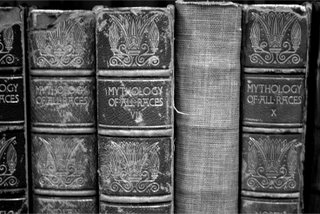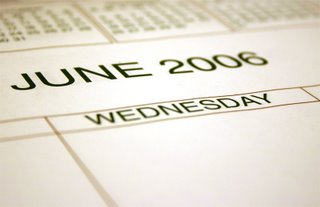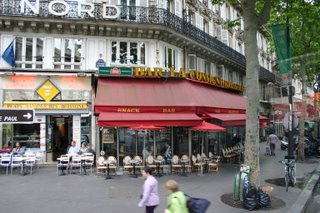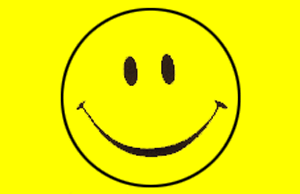
For bibliophiles, keeping track of their personal book collections may seem like a daunting task.
In a recent article from Poets and Writers, bibliophiles' dreams have come true with
LibraryThing.com.
Primarily a book cataloging site, (a user can catalog up to 200 titles free), it has also become a community of book lovers and a way to search for other books in a particular genre.
Users can create their own online catalog - browse and sort by author, titles, and genre.
To begin, a user will need to create a login and password and then enter an ISBN number. The site links to other online databases to provide information on each title like author and publisher and may even include book jacket art.
The site boasts that up to 10,000 books are cataloged a day!









